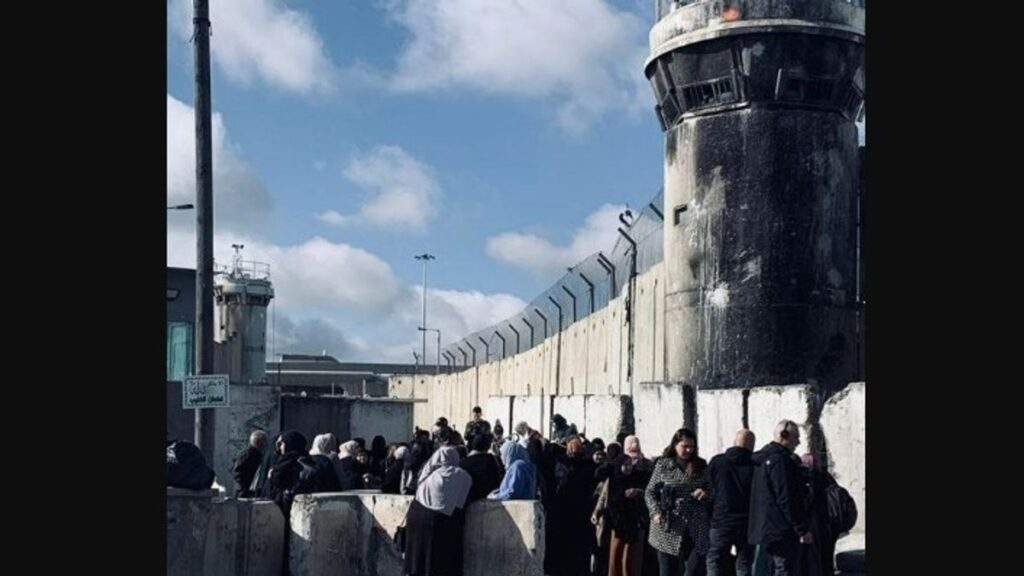As the holy month of Ramadan begins, Israeli authorities have implemented strict measures to control the entry of worshippers from the occupied West Bank into Jerusalem for the first Friday prayer at the Al-Aqsa Mosque compound. This move has raised concerns internationally, especially against the backdrop of the ongoing conflict in Gaza, now in its sixth month.
Tightened Security and International Reactions
Israeli police have intensified their presence around the Al-Aqsa mosque compound in preparation for Ramadan, a site of great significance for Muslims worldwide. The installation of iron barriers at key gates and the deployment of additional forces reflect the heightened security measures. These actions have strained relations between Palestinians and Israelis and drawn criticism from the Jordanian Foreign Ministry, which condemned the restrictions as ‘dangerous’ and ‘unacceptable.’ The ministry’s statement underscores the concern that Israel’s actions violate international law, as it does not have sovereignty over East Jerusalem.
Impact on Ramadan Celebrations
The restrictions and ongoing conflict have significantly impacted Ramadan celebrations, traditionally marked by communal prayers and gatherings. Reports from Jerusalem’s Old City describe a somber atmosphere among Palestinians, with fears of increased violence and limitations on worship and movement overshadowing the festivities. The situation in Gaza, characterized by hunger and war, adds to the challenges faced by those observing Ramadan. The international community is worried about the potential for these tensions to escalate into further clashes, given past escalations related to access restrictions at the Al-Aqsa Mosque compound.
Looking Ahead: Potential Outcomes and International Response
The current situation at the Al-Aqsa Mosque and the broader Israel-Hamas conflict in Gaza raise questions about the region’s future peace and stability. Calls from the international community for intervention emphasize the need for dialogue and a ceasefire to facilitate a peaceful Ramadan. Palestinians and Israelis are anxiously awaiting to see if this period of religious significance will lead to more violence or open doors for reconciliation and peace.
As the world observes, the events in Jerusalem and Gaza highlight the intricate relationship between religion, politics, and sovereignty struggles. The outcome of this confrontation could have significant implications, not only for those directly involved but also for how the international community approaches conflict resolution and peacekeeping in the region.
Let us continue to monitor the situation and hope for a peaceful resolution during this holy month of Ramadan.









